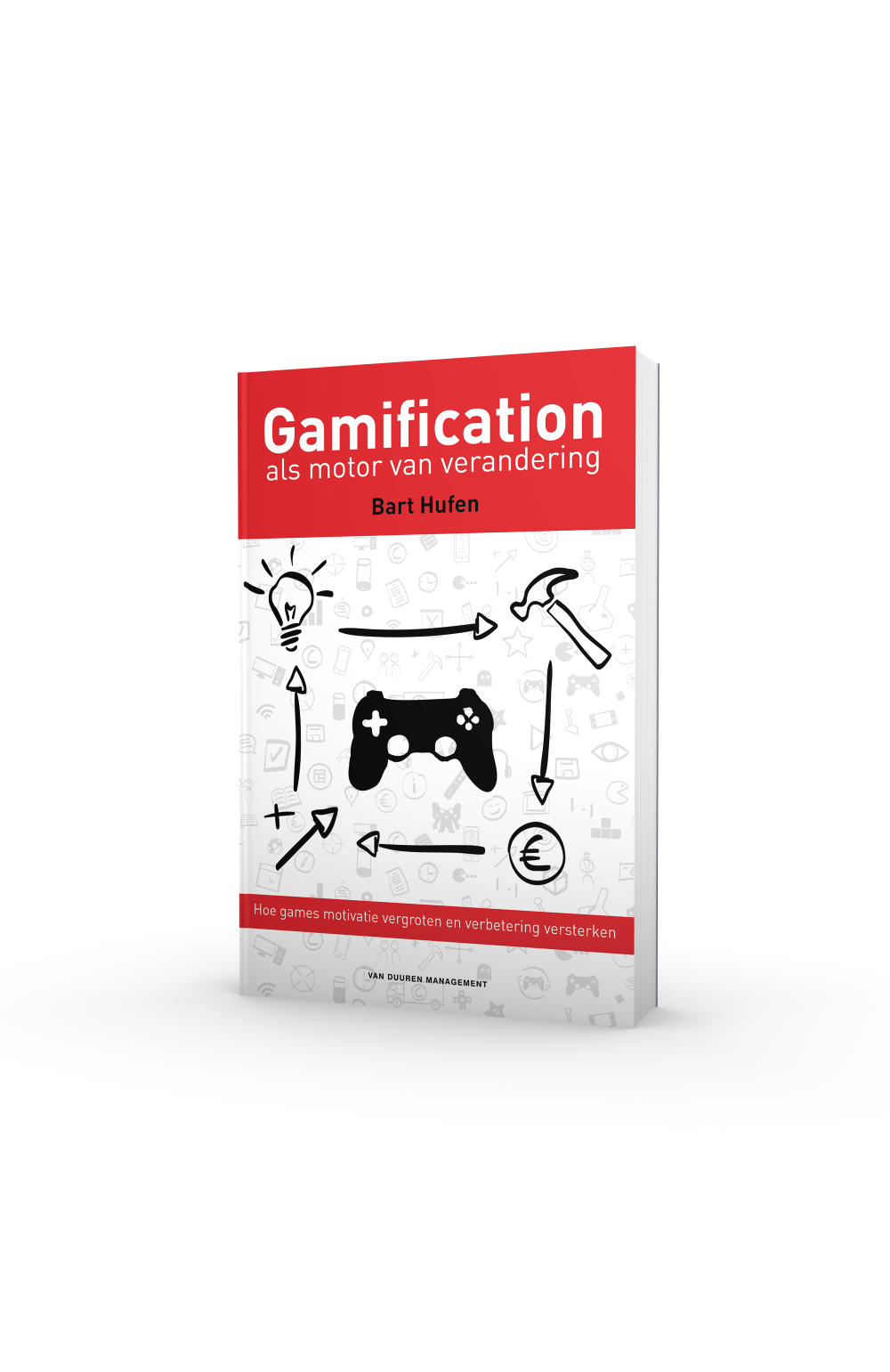Office games are Serious games!
> This article has been shamelessly copied from the newsletter by the Entertainment Software Association (check www.theesa.com to subscribe)
VIDEO GAMES IN THE WORKPLACE: A BOON TO BUSINESS
Companies know that keeping employees motivated and monitoring their performance are key to running a successful business, and many now view entertainment software as a helpful tool in these efforts. Increasingly, companies like IBM, Target, and Deloitte are integrating video game elements, such as achievements and real-time progress tracking, into the workplace to improve employee motivation and productivity. This new management trend gives workers an interactive platform to monitor their individual performance, motivate them to improve output, and encourage them to participate in trainings and other work-related education courses.
Games have played a role in the workplace for several years, as many companies capitalized upon the engaging nature of games to train employees, build brand loyalty and advertise products to consumers. Given their effective role in the office, companies increasingly utilize the beneficial aspects of video games in everyday endeavors. In fact, tech-industry research firm Gartner projects that by 2014, roughly 70 percent of large companies will use video game elements for at least one business process. Additionally, the market research firm M2 Research estimates that by 2014, revenue from in-office game software, consulting, and marketing will reach $938 million, a substantial increase from this year’s revenue of less than $100 million.
 Already, a number of major companies have incorporated video game elements into a variety of business processes. SAP AG, one of the world’s largest business software firms, uses a variety of games in the workplace, including a golf game that helps assign sales leads to employees and an environmental awareness game that awards points to employees for reducing their carbon footprint through various tasks like carpooling. At Target, cashiers receive a score based on the speed of each check-out transaction, and at the end of the day, receive a total success rate score. IBM integrates numerous video game dynamics into its business processes, including a game calledCityOne, an interactive simulator that helps corporate and government leaders learn how to solve complex business, logistical, and environmental issues faced by cities.
Already, a number of major companies have incorporated video game elements into a variety of business processes. SAP AG, one of the world’s largest business software firms, uses a variety of games in the workplace, including a golf game that helps assign sales leads to employees and an environmental awareness game that awards points to employees for reducing their carbon footprint through various tasks like carpooling. At Target, cashiers receive a score based on the speed of each check-out transaction, and at the end of the day, receive a total success rate score. IBM integrates numerous video game dynamics into its business processes, including a game calledCityOne, an interactive simulator that helps corporate and government leaders learn how to solve complex business, logistical, and environmental issues faced by cities.Other companies, like Facebook, Photobucket, Mozilla, and Fern Expo use tools such as Rypple, a social performance management platform that combines aspects of social media and game play with digital reward-giving. Rather than waiting for annual or semi-annual performance reviews, Rypple allows for active goal-setting and consistent, timely feedback in the workplace. Appearing similar to a Facebook page, the program enables project team members to interact with each other in a number of ways, including tracking the assignment and completion of work by using status bars and badges, taking and organizing notes from one-on-one meetings, commending specific team members for their efforts with achievement-like badges, and anonymously requesting feedback on projects and performance.
The application of video game components in the workplace produces significant results. LiveOps, Inc., which runs virtual call centers, provides one example. The company uses video game applications to improve the performance of its 20,000 call agents. Beginning last year, the company awarded agents virtual badges and points for tasks such as making concise phone pitches and closing sales. Additionally, digital leader boards allowed each agent to compare his or her achievements to fellow colleagues. Since the system’s implementation, agents reduced their average call time by 15 percent, and raised sales by 8 percent and 12 percent among certain agents.
As an increasing number of companies infuse video game mechanisms into their processes and office culture, many employees will be able to leverage these systems and methodologies to produce greater results and generate increased energy in the workplace


 RT
RT
leave a reply
you must be logged in to place a comment.